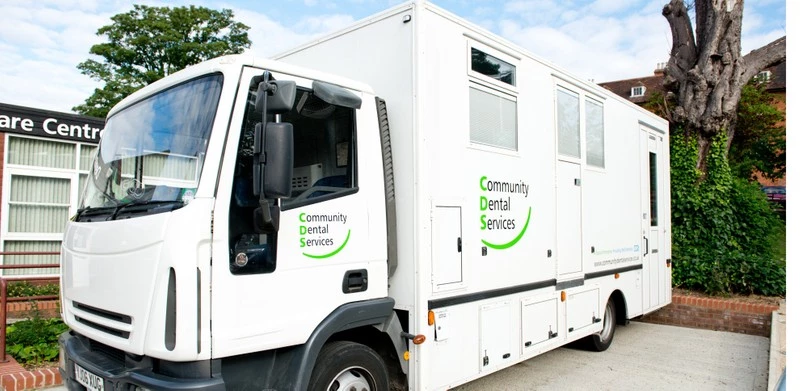Empowering Community Dental Care
Dental ache is a headache for uninsured patients or those who need expensive supplemental policy that covers limited dental procedures. A root canal treatment might cost hundreds of dollars. Nearly 27% of U.S. adults do live along with untreated dental diseases, according to Kaiser Family Foundation; and they (around 2.6 millions) only receive emergency dental procedures, according to the ADA annual report.
Although some affordable health-care facilities are now offered, there are still concerns regarding keeping adult dental care on track. Patients coming from underprivileged areas, living at/below the federal poverty level, seek for nonprofit, volunteering dentists to get their dental treatment completed. The majority of these people never had education on oral hygiene and need to have a ready access to routine dental services in community clinics.
The number of dentists and dental hygienists involved in volunteer community clinics is increasing. They feel satisfied counting on having hugs and appreciation from their patients, doing more clinical work and developing more skills, especially for young dentists. The biggest concern of working on community clinics is the breaking appointments, which are now repeatedly going, resulting in downtime, disturbed schedule and guilt of sending patients away. More importantly, breaking appointments lead to compromising standard of practice and uncomfortable situation for community dentists.

Patients from this socio-economic status can also present with several comorbidities, and dental staff at these services needs to develop much knowledge on the relationship between oral and systemic health by considering basic auxiliary services that their patients might need such as measuring blood pressure. A dentist in this case must have good training to have enough authority for clinical decision making, treatment planning and delivering best-practice care to patients. A lot of patients may not realize that there is a relation between serious signs of high blood pressure (e.g., fatigue, shortness of breath, dizziness) and their dental treatment; and they will very much appreciate if a dentist could address their health risks.

